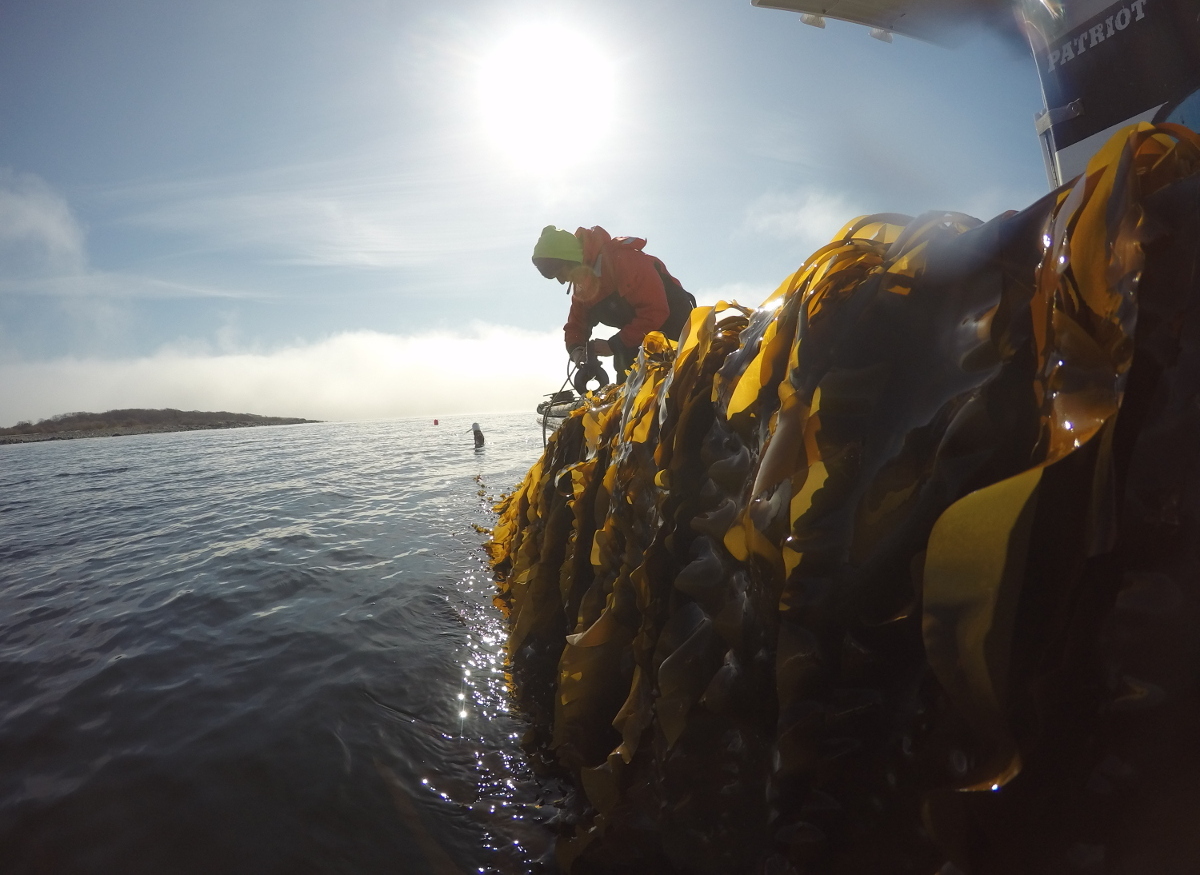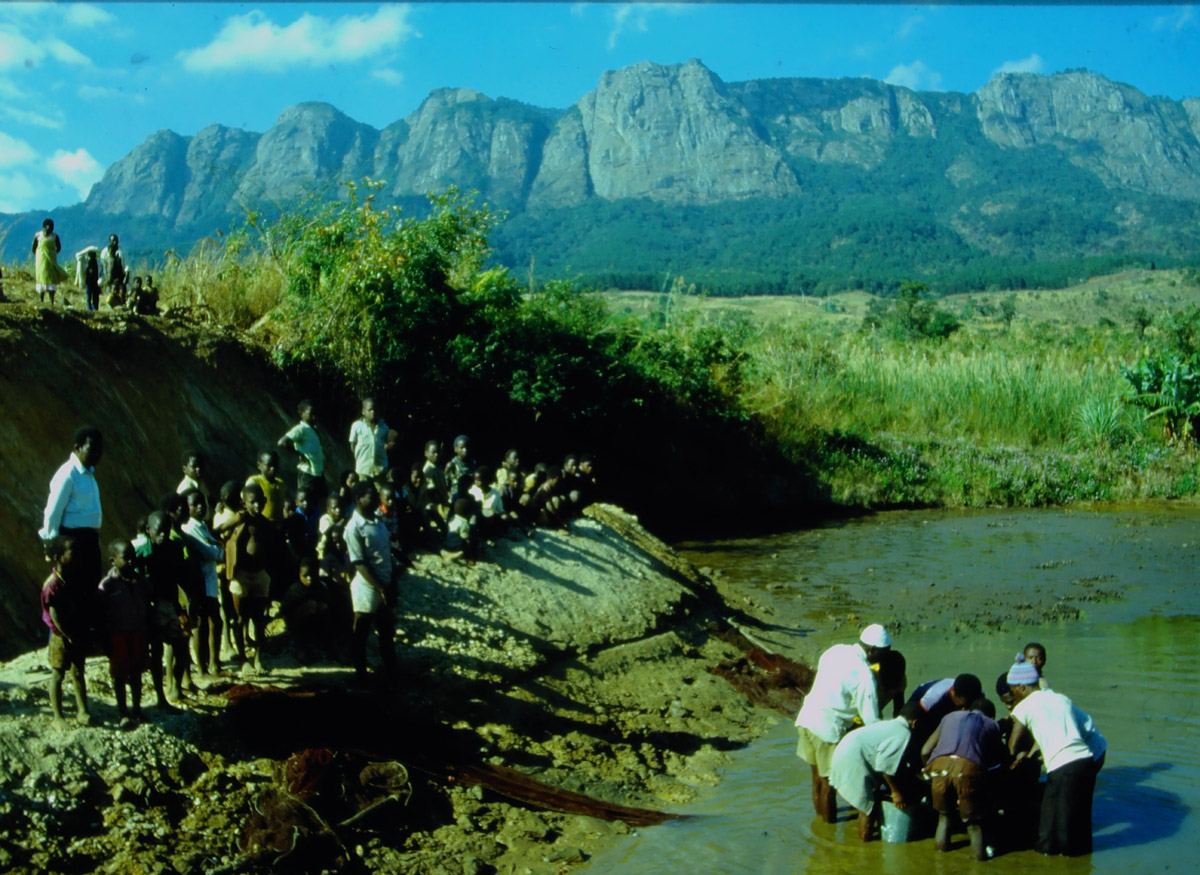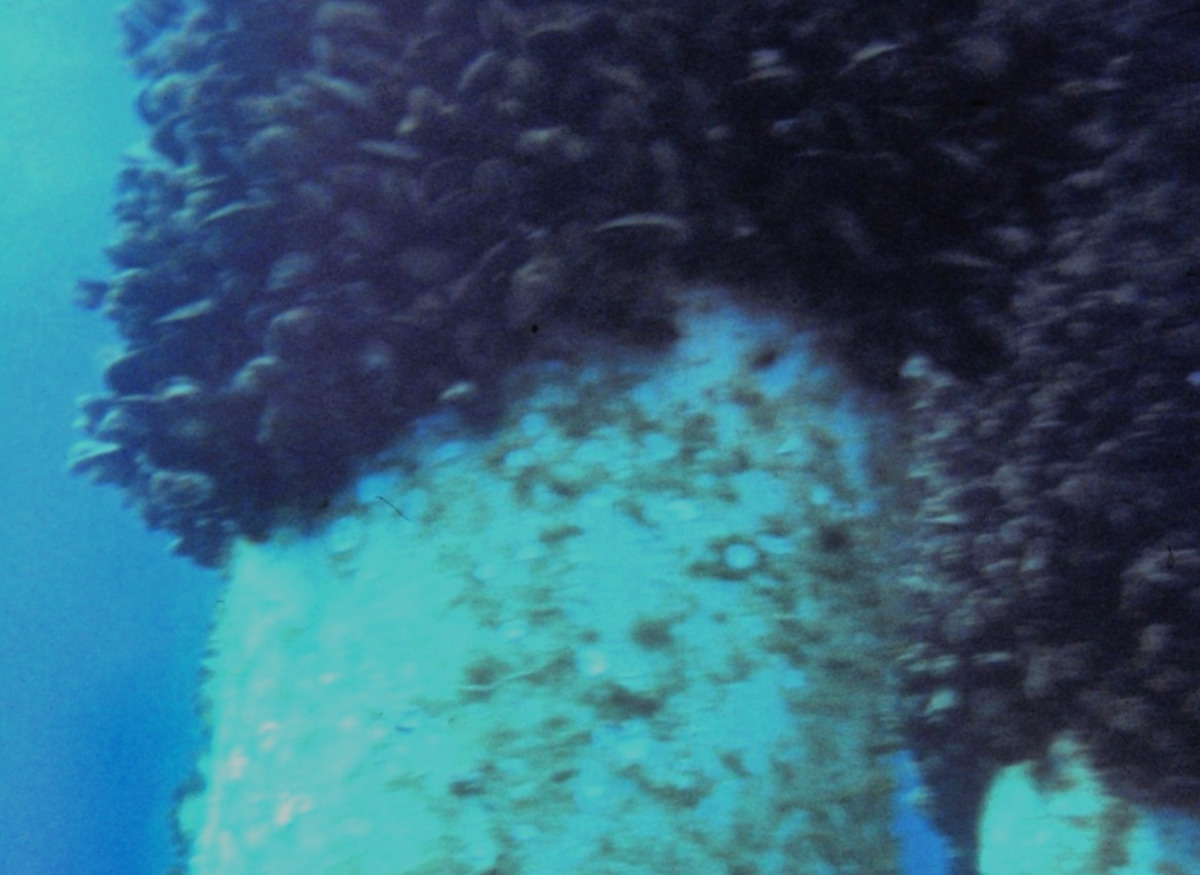Ecological Aquaculture International, LLC
…advancing the applied sciences and development in ecological and restorative aquaculture and agriculture food systems that are socially and environmentally inclusive and just…
Posted: Thu, Jun 13, 2024

Restorative Aquaculture Review Published in FAO INFOFISH
Restorative Aquaculture for the People and the Oceans
Costa-Pierce, B.A. 2024. Restorative aquaculture for people, profit and planet. INFOFISH International (FISHINFO Network, United Nations Food and Agriculture Organization), 3: 49-54.
While aquaculture production has grown worldwide, production is negligible for most of the world’s geographies and for most nations outside of Asia. Narratives continue to provide the public and decision-makers with a bleak image of aquaculture sites as industrial waste areas, destroying and depleting the natural environment and its biodiversity, and creating a desert from an ocean oasis. Restorative aquaculture provides the paradigm shift needed to develop new social licenses to operate in the world’s new geographies for aquaculture. It places the knowledge-rich “aquaculture toolbox” front and center in the planning and development of financially feasible pathways for new aquaculture production and the restoration of habitats and complex ecosystems. Examples demonstrate how restorative aquaculture could lead sector-wide approaches to decisions on financial allocations for nutrient removal using combined best practices that merge aquaculture into plans to ameliorate damaging coastal pollution while increasing aquaculture growth for both business development and accelerated seafood production. Bivalve and lower trophic level aquaculture have led the way, as there exist important examples where user conflicts were resolved due not only to technological advances but also to a growing consensus that aquaculture can “fit in” in an environmentally and socially responsible manner in many marine coastal environments, the majority of which are already crowded with existing users. Adoption of restorative aquaculture by aquaculture industries and coastal communities can provide a strong scientific basis for a new social contract for aquaculture by contributing to regional sustainable development planning, advancing new policies and investments to accelerate aquatic food production, and by using the many methods of ecological aquaculture for environmental restoration to replace hearsay, junk science, and misinformed advocacy.
Costa-Pierce, B.A. 2024. Restorative aquaculture for people, profit and planet. INFOFISH International (FISHINFO Network, United Nations Food and Agriculture Organization), 3: 49-54.
While aquaculture production has grown worldwide, production is negligible for most of the world’s geographies and for most nations outside of Asia. Narratives continue to provide the public and decision-makers with a bleak image of aquaculture sites as industrial waste areas, destroying and depleting the natural environment and its biodiversity, and creating a desert from an ocean oasis. Restorative aquaculture provides the paradigm shift needed to develop new social licenses to operate in the world’s new geographies for aquaculture. It places the knowledge-rich “aquaculture toolbox” front and center in the planning and development of financially feasible pathways for new aquaculture production and the restoration of habitats and complex ecosystems. Examples demonstrate how restorative aquaculture could lead sector-wide approaches to decisions on financial allocations for nutrient removal using combined best practices that merge aquaculture into plans to ameliorate damaging coastal pollution while increasing aquaculture growth for both business development and accelerated seafood production. Bivalve and lower trophic level aquaculture have led the way, as there exist important examples where user conflicts were resolved due not only to technological advances but also to a growing consensus that aquaculture can “fit in” in an environmentally and socially responsible manner in many marine coastal environments, the majority of which are already crowded with existing users. Adoption of restorative aquaculture by aquaculture industries and coastal communities can provide a strong scientific basis for a new social contract for aquaculture by contributing to regional sustainable development planning, advancing new policies and investments to accelerate aquatic food production, and by using the many methods of ecological aquaculture for environmental restoration to replace hearsay, junk science, and misinformed advocacy.




